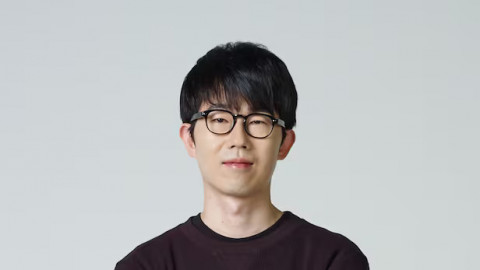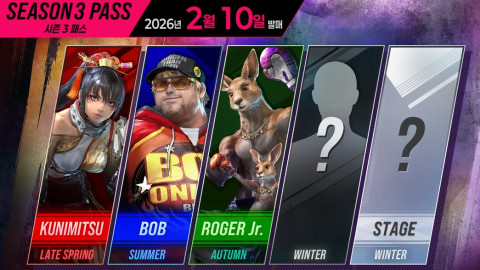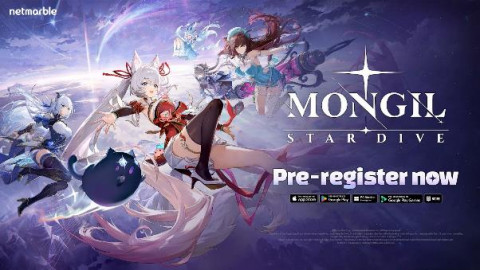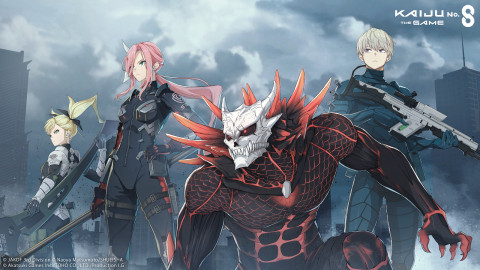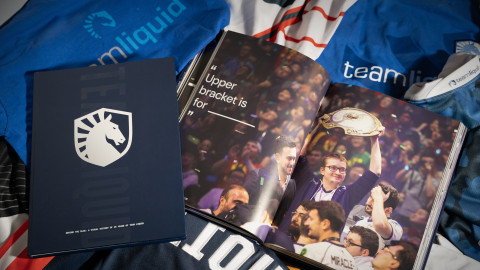Fighting games are a staple of gaming history for over 30 years. There have been many fighting games that shaped the lives of many players including Street Fighter, Tekken, and Super Smash Bros. Aside from the games themselves, the scene would not be alive today without help from its community, passion, and sticking together like a family.
Most people who grew up in the 90’s remember going to their local mall or Pizza Hut and seeing a Street Fighter II arcade cabinet waiting to be played. You would get in a game while other family members were shopping or eating. After that boom period in fighting games with Street Fighter II and Mortal Kombat II, popularity in fighting games waned down as arcades started to diminish and the gaming industry was headed towards online play.
“I feel like the lowest point for fighting games was even before there was an esports. Street Fighter II was so popular and I can’t even begin to express how many people were playing that game at the time,” said long-time FGC caster, James Chen. “By the time, Super Street Fighter II came out and it slowed the game back down — like each iteration got faster and then it slowed down all of a sudden, [...] no one cared.”

Veteran Smash caster, D'Ron "D1" Maingrette added, “Look at Melee, for instance. APEX 2009, I remembered there was a separate ballroom for Melee and it was a smaller, darker ballroom with way less CRTs. When I saw that, I thought Melee is really on its way out.”
For less popular esports in this era, they would normally fade into obscurity, with a few passionate players remaining to try to keep their scene alive. However, with fighting games over 10 years ago, there was still this passionate community dedicating to keeping their game alive.
Fighting games started to notice a resurgence during the late 2000’s. CEO of Level Up, Alex Valle explains more, “There was no Capcom games being made for 8 years. The community wanted to make a nostalgia thing where it's a big family reunion every year at EVO. There was no hint of Street Fighter 4. Finally in 2007, the EGM (Electronic Gaming Monthly) article came out and everything changed — where they put a nostalgia Street Fighter art on there and we [the community] were totally blown away. That started the resurgence of everything.”

After that article from EGM, fighting games were popular once again. It started small at events like EVO, CEO and Final Round, only to get bigger as the years went on. Not only Street Fighter noticed a resurgence in their scene, but Smash also benefited from the popularity.
“Thanks to things like the revival of Melee, where members of the community just decided to host an event and not let a low amount of entrants dissuade them from wanting to host more events. We're just going to host more and people decided to come back. I think the onus is on the community in order for it to thrive. Anything from the outside would be a great boost but the community members are so passionate — they love their game so much that they'll do anything in their power to keep it alive,” said D1.
An important aspect of keeping an esports alive is its inclusivity. Everyone who cares an ounce of any game needs to not feel turned away by the community. The FGC (fighting game community) is one of the best communities in esports for its inclusivity. At major events, you will find not only males competing but also females and members of the LGBTQ. Everyone is encouraged to compete with open arms.

“The FGC has bred off an arcade culture, it's very different. It was about face-to-face interaction, it was about people always talking to each other. The nice things with the leaders of the community like Alex [Valle] is that we're preserving that. The thing that I love about the FGC is that we are all together. That's what the FGC is to me. It's family,” said James Chen. “That doesn’t mean we still don’t have problems. As with every community, we still have inclusiveness problems. There are certain people trying to fix that.”
Level Up President and COO, Jimmy Nguyen added, “Honestly, there is no formula but there is two things you need to consider: one is don't be afraid of the trends — always look to break the trends. Second is humility — one thing that the FGC has is the humbleness that we share. We're not above anyone else. I think we're one of the more proactive communities at addressing issues.”
-

Writer @InvenGlobal | Freelanced at @overwatchscore @vpesports @GinxTV @Upcomer | Former CLICKON Media and Echo Fox.
Sort by:
Comments :0

